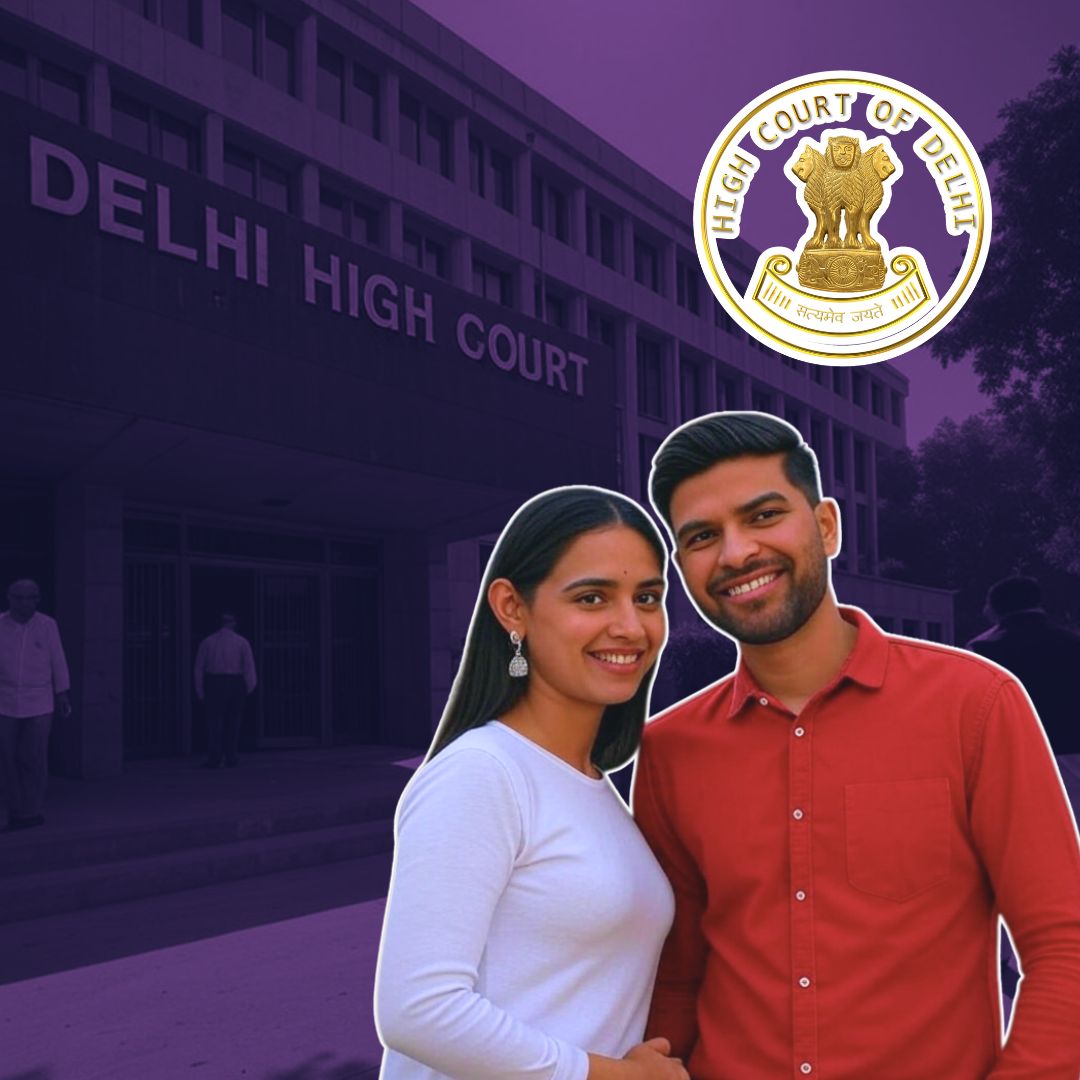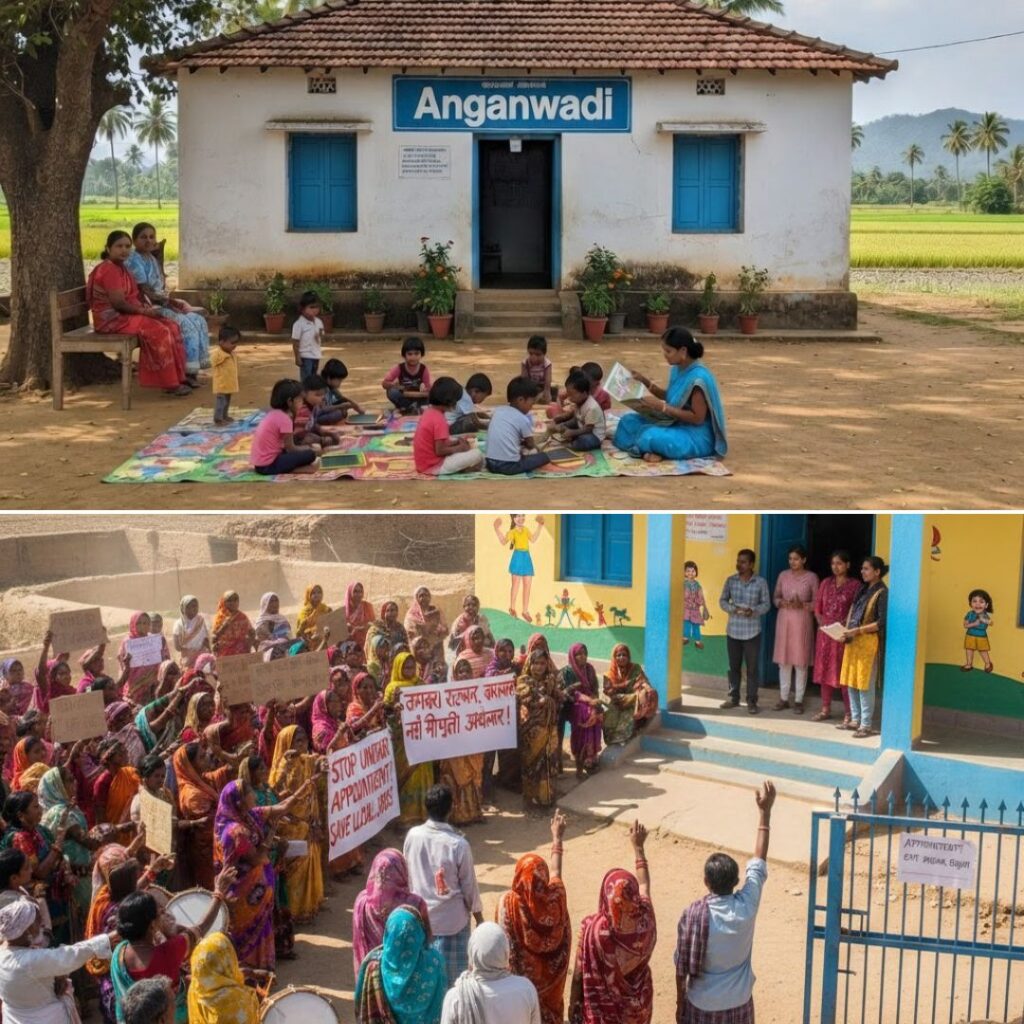The Delhi High Court has reaffirmed the constitutional right of two consenting adults to marry and live together peacefully, protected under Article 21. In a recent August 2025 ruling, the court emphasised that family opposition cannot override an individual’s autonomy in choosing a life partner.
The case involved a Hindu woman and her Muslim partner, who had solemnised their marriage amid familial threats. The court ordered police protection for the couple and called for active state intervention to ensure their safety and rights are preserved without coercion or fear.
Constitutional Right to Choose a Life Partner
The Delhi High Court, in August 2025, unequivocally upheld that the personal liberty of two consenting adults to enter into marriage is protected under Article 21 of the Indian Constitution. This article guarantees the right to life and personal liberty, which the court interpreted expansively to cover choice in matters of marriage and companionship.
Judicial Interventions and Protection for Vulnerable Couples
Recognising the dangers posed by hostile family environments, the Delhi High Court ordered proactive police protection for the couple. The woman had previously been forcibly separated by police and confined to a shelter home, raising serious concerns over violation of rights.
The court’s decision mandated police to conduct regular threat assessments and ensure the couple’s safety and freedom from harassment or intimidation. Justice Sanjeev Narula emphasised that protecting the constitutional liberties of consenting adults is paramount, urging law enforcement to act decisively against any attempts to coerce or intimidate individuals who assert their right to marry freely.
Background: Interfaith Marriages and Societal Resistance
This verdict is significant against the backdrop of widespread resistance towards interfaith and intercaste marriages in India. While such unions reflect the country’s cultural diversity, they often encounter opposition rooted in religious, caste, or community prejudices. Families may resort to coercion, threats, or even violence, citing traditional or “honour” concerns.
The couple at the centre of this case faced similar hostility, prompting legal recourse. Past rulings from the Supreme Court and various High Courts have consistently upheld the right of adults to marry the person of their choice irrespective of caste, religion, or societal norms. However, despite these legal safeguards, threats and coercion against couples persist, necessitating judicial intervention to uphold constitutional values.
The Logical Indian’s Perspective
The Logical Indian views this ruling as an important reaffirmation of fundamental human rights rooted in freedom, dignity, and respect. While traditions and familial bonds hold significance in Indian society, they must not come at the expense of an individual’s autonomy and happiness.
It is essential for families and communities to foster open, empathetic dialogue and embrace diversity in choices related to marriage and relationships. Coercion and intimidation undermine social harmony and violate constitutional guarantees. By highlighting the role of state machinery and courts to protect vulnerable couples, this judgement promotes a culture of kindness, understanding, and coexistence.
This case reinforces that constitutional protections exist not as abstract ideals but as living guarantees for real people facing tangible hardship. It challenges societal norms that hamper the free exercise of rights and insists on dignity above prejudice.
The Delhi High Court’s ruling stands as a beacon for all individuals seeking to live life on their terms, free from fear of familial or social reprisal.












